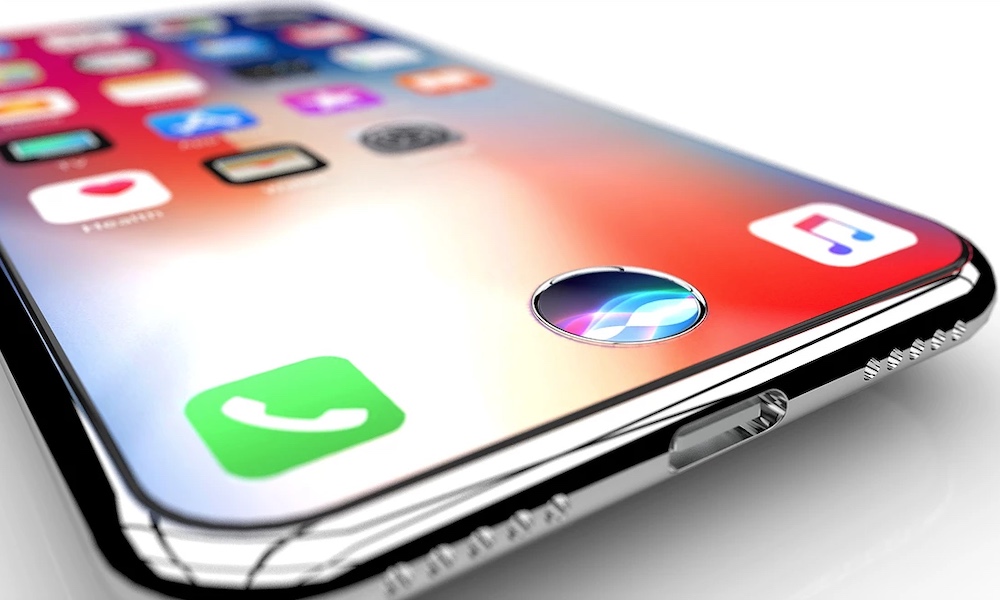Apple May Release SiriOS Next Year – But What Is It and Why Does It Matter?
 Miloš Toman
Miloš Toman
Toggle Dark Mode
Apple may announce the release of a new operating system called SiriOS at next year’s WWDC, according to a “Voice Tech 2019” report by investment firm Mangrove.
But what exactly would a SiriOS entail — and how would it benefit Apple users? It may be too early to be certain, but here’s what you should know.
Voice Technology and Apple
Mangrove’s “Voice Tech 2019” report suggests predicts that voice-based computing will see a surge in popularity and usage over the next decade. If you’re a tech industry watcher, that may not come as a surprise to you.
But the report goes on to say that communicating via voice with our devices is “far more natural, convenient and efficient” than using a keyboard. Mangrove also says that improved voice recognition and machine learning are likely to spawn a “new generation of technology companies in every category.”
So where does Apple fit into all this? According to Mangrove, the company may not be at the tip of the voice revolution spear.
The investment firm says that Apple has historically been “less effective at building an ecosystem around voice.” That’s pretty plain to see, since Siri is generally regarded as less useful and intelligent than Alexa or Google Assistant. Enter SiriOS.
SiriOS
The “voice community” is reportedly expecting Apple to debut a Siri operating system at next year’s WWDC conference, according to the Voice Tech 2019 report. But while Mangrove notes that SiriOS would “accelerate innovation and adopting,” it isn’t clear what SiriOS would be exactly.
Of course, we can do a bit more sleuthing. The Mangrove report quotes Bret Kinsella, the editor of voice-based tech publication Voicebot.ai.
Back in Jane, Kinsella predicted that SiriOS would be coming next year. The system would essentially be the equivalent of Alexa Skills Kit or Google’s developer toolkits for Assistant.
Instead of being baked into an existing operating system like iOS or macOS, SiriOS would allow the digital assistant to be a standalone platform. More than anything else, that could allow Siri to become free from the limitations of the iOS or macOS platform.
As far as the benefits to consumers, SiriOS would work a bit like Apple’s Project Catalyst. It would allow for new features and implementations to be pushed across various devices easily, with no need to tailor each feature to a device’s operating system.
It may also allow third-party developers to better integrate Siri and Siri capabilities into their own apps by loosening the current restrictions in SiriKit. In other words, it would allow Siri to become less of a walled garden platform.
How Likely Is SiriOS?
This is, of course, just a prediction. But it appears to be a fairly credible one — particularly since Apple has been making moves to boost its machine learning and digital assistant technology through hiring and acquisition.
Apple has an excellent opportunity here because of its stance on privacy, which Mangrove commends in its report. While competitors are taking a cue from Apple and adopting more privacy-respecting policies, it’s hard to argue with the fact that privacy is baked into Apple’s DNA. Siri could be what would likely be the only privacy-first digital assistant.
It would also make sense for Apple since Siri has really lagged behind its rivals in terms of usability. By making Siri more independent and opening up the digital assistant to third-party developers, Apple may make Siri great again.
[The information provided in this article has NOT been confirmed by Apple and may be speculation. Provided details may not be factual. Take all rumors, tech or otherwise, with a grain of salt.]






